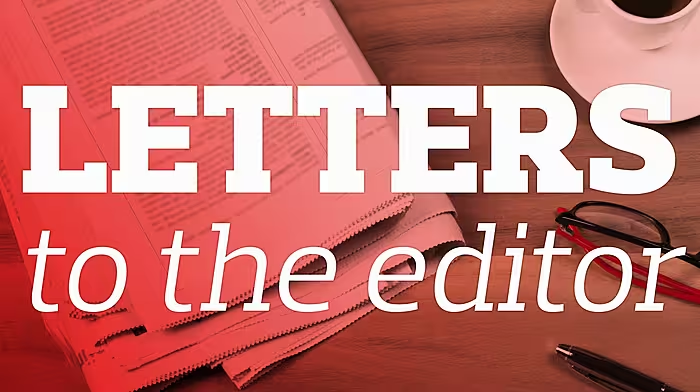THE annual rush to buy school books and uniforms is ongoing at the moment even though it is still seven weeks until the new school year is due to start. Normally, students settling into their summer holidays would not be enamoured at this prospect, but 2020 is not your typical year since the Covid-19 pandemic hit Ireland and the schools and colleges closed down four months ago, on March 12th, so the youngsters have been missing their friends and the school routine and the vast majority are actually looking forward to going back to school at the end of August.
However, in spite of having had several months to think about it already, badly-needed clarity on how schools and other educational facilities are going to re-open is still lacking and the new government has had to go back to the drawing board – much to the frustration of all the stakeholders involved, most especially parents who need to know the extent of childcare arrangements they will need to make.
The less-than-impressive outgoing Minister for Education, Joe McHugh, astounded many when he declared before the end of his tenure that it was the intention that all students would return to their classrooms full-time for the next academic year. This was good news in theory, but putting it into practice would present a logistical nightmare, as the teachers’ unions and others were quick to point out.
Previously, Mr McHugh was forced into an embarrassing u-turn having being adamant that the Leaving Certificate examinations would go ahead sometime this summer, only to be over-ruled by public health advice, leading to a predictive grades system replacing the exams. Now, his plan to fully re-open schools this autumn has been put in doubt by his successor as Education Minister, Norma Foley, who has been taking the line that they will re-open as fully as possible, which is still rather vague.
Granted, the Fianna Fáil TD from Kerry, who was only elected to the Dáil for the first time last February, is easing herself into the education portfolio after her surprise elevation to full ministerial rank just a fortnight ago, but she – as a former teacher – must surely recognise the urgency of providing clarity about arrangements for the return to school this autumn. Her Department issued a statement last week saying that consultation about the practical aspects of returning to school is under way and that it expects that it will take several weeks for guidelines to be developed.
Apart from schoolmates missing one another, the closure of schools has impacted on children’s emotional, social and educational development, and children’s charity Barnardos maintains that it is important they re-open fully in the autumn, adding that, if pubs and restaurants can open full-time, there is no reason why schools can’t.
The charity is particularly worried for those children who are socially and economically disadvantaged and said the time out of school has been a ‘nightmare for them.’ Not all families have the resources to join in distance learning online, so Barnardos wants the schools re-opened full-time rather than having ‘blended’ learning – a mixture of days in school and learning from home.
A full return would be the ideal situation, but may not be possible in a lot of schools because the size of buildings is not big enough to allow for adequate social distancing, which is more important at second level, and class sizes are much bigger in Ireland in comparison with schools internationally. Minister Foley said that, as always, the return to school protocols will be guided by public health guidelines and that is also the bottom line for the teachers’ unions who are rightly concerned for the safety of their members, so it is difficult to envisage how schools could safely accommodate all pupils every day.
The general secretary of the Association of Secondary Teachers in Ireland, Kieran Christie, told the Oireachtas Special Covid-19 Committee that teachers must return to a Covid-19-secure workplace and that ‘nothing else will be acceptable,’ while his Teachers Union of Ireland counterpart, John MacGabhann, pointed out that that ‘the architecture of schools is based on congregating students, which is what the current crisis demands that we avoid.’ It is a conundrum that will test the new minister and brings to mind the adage that you can satisfy some of the people some of the time, but you cannot satisfy all of the people all of the time.
When the schools closed last March, home schooling was a novelty for both students and parents initially, but for many of the latter also trying to work remotely from home, it became a difficult juggling act and most of them were glad when the schools’ summer holidays came. Trying to motivate both students and parents to get back to this, come autumn, would be rather daunting, but it is difficult to see how ‘blended’ learning can be avoided if public health advice is to be adhered to.
If this is the case, parents need to know what such arrangements would entail so that they can organise their childcare requirements and tie it all in with their own work commitments. And, the sooner they know, the better.










